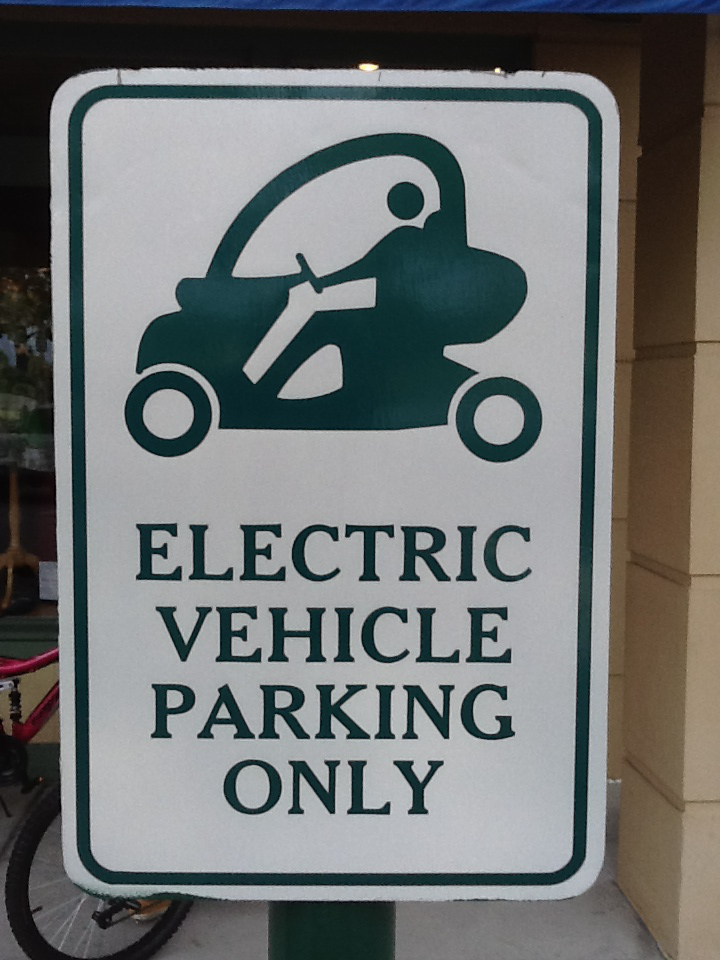In just a few years, electric vehicle (EV) sales have exploded all around the world, helped by growing government support and public interest in climate action. The transition from fossil fuels to EVs is often promoted as the only way for transport to decarbonize. But this pathway faces several challenges of its own. Meanwhile, some experts suggest we explore other options for green mobility including biofuels.
Speakers: Issei Sawa, Founder and President of
Nippon Environmental Energy Development Co.,
and
Tetsuo Hamamoto Ph. D, Japan Director, U.S. Grains Council
A boom in EVs has galvanized the global auto industry. But it has also outpaced the world’s ability to supply the raw materials needed to make batteries for EVs. Tesla, the EV industry leader, hiked prices at least three times last year, with some models costing at least 20% more as a result. Even Tesla CEO Elon Musk called this “embarrassing”.
After popularizing hybrid technology the world over, Japan has been something of a laggard in EVs. However, this may not be such a bad thing, according to our expert speakers for this webinar. They say that Japan has other more immediate and cheaper pathways to decarbonize transport. These solutions involve biofuels, something that Japan has explored very little to date.
Our speakers are not only experts. They are also involved in the public debate on biofuel use in Japan and the government dialog on the issue.
In this webinar we reviewed:
– Status of bioethanol-for-fuel in Japan and globally
– What the recent top-level U.S.-Japan statement on bioethanol implies
– How bioethanol fits within the UN climate framework (IPCC rules), and
– Prospects for locally produced bioethanol

